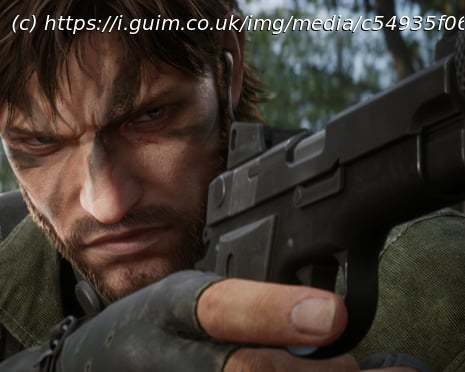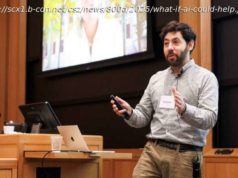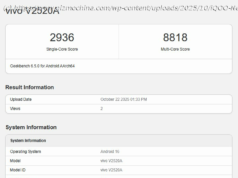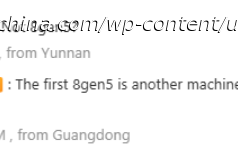Two decades after its release and with a remake about to land, the cast of Hideo Kojima’s stealth blockbuster reflect on what made this cold war caper a gaming classic
Two decades after its release and with a remake about to land, the cast of Hideo Kojima’s stealth blockbuster reflect on what made this cold war caper a gaming classic
You never forget your first Metal Gear – yet there’s one title in Konami’s legendary stealth series that is universally heralded as its pinnacle: 2004’s Snake Eater. This prequel-cum-threequel was something of a reset. Originally intended as a PS3 game thanks to its sheer technological ambition, but then released on PS2, writer and director Hideo Kojima yearned to take gravelly voiced protagonist Solid Snake away from dimly lit military bases and have him slither outdoors. Featuring hunting for food and snapping broken bones back into place, Snake Eater felt more grounded and immersive than any of its 2000s PlayStation peers.
Yet for all Snake Eater’s sweeping changes, one classic element remained intact – the stellar voice acting. It’s telling that as Konami releases its remake, Metal Gear Solid Delta: Snake Eater, every wonderfully absurd line of the original script remains untouched. Boasting modernised controls and lavish new visuals, Delta feels closer to a 4K restoration of a cherished film than a maximalist Resident Evil-style remake.
“To their credit, Konami didn’t want to change it or make it a different thing,” says David Hayter, the voice of Solid Snake. “They really wanted it to feel like the original experience, just updated to today’s technology.”
Hayter, who is also a screenwriter (he penned 2000’s X-Men film and its 2003 sequel), remains immensely proud of his role as Solid Snake, attributing his quirky performance to the unusual way the actors recorded. “When we did the first Metal Gear Solid, we recorded it in this weird house in Hollywood,” he says. “They had five mics set up, and it was just me and the other actors, and we did it all like a radio play.”
It was an unusual setup: in games, voice actors largely record separately, their performances stitched together in post. Hayter found this method highly effective. “I asked it to be in my contract that we would do every other game the same way.




![Co Polska powinna zrobić z samolotem Władimira Putina? Polacy nie mówią tu jednym głosem [SONDAŻ]](http://nhub.news/wp-content/uploads/2025/10/thumb28d0ef65a42a58ff918a05a065000c48-100x75.jpeg)

